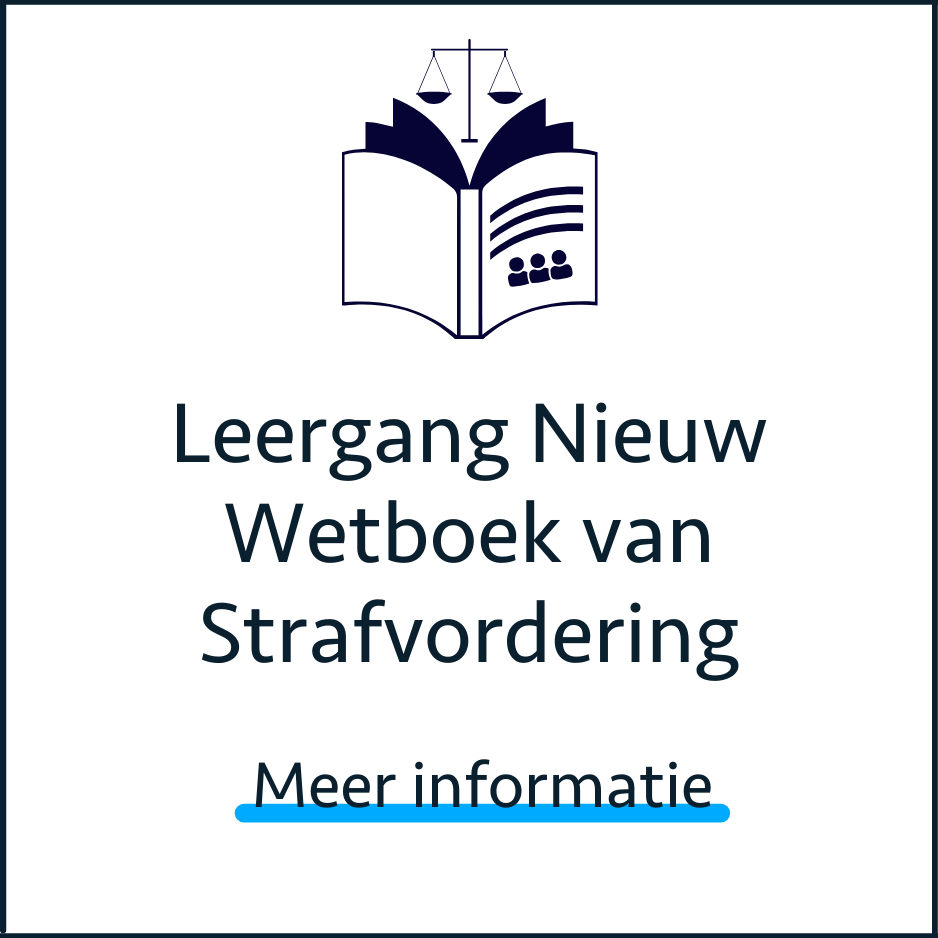Artikel: A Framework for Effective EU Sanctions Compliance Programs
/Companies in the European Union ("EU”) stand at the forefront of implementing EU restrictive measures (broadly speaking, sanctions) and are the first line of defence against those trying to evade or circumvent them. Although entities subject to EU law (EU operators) have borne that responsibility ever since the EU began to adopt sanctions, the measures introduced following Russia’s full-scale invasion of Ukraine and the complexities of today’s tumultuous world have significantly increased that burden. Today, EU operators must navigate a dynamic sanctions environment fraught with heightened legal and reputational risks. However, until recently, they have largely been left on their own to accomplish this challenging task. Nearly twenty years after the publication of the first guidance on EU sanctions implementation, the EU has yet to articulate a common holistic view on sanctions compliance expectations for the private sector.
Read More










